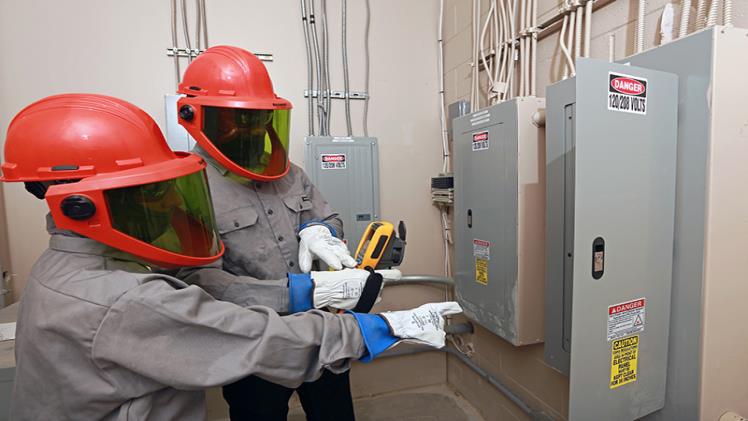Electricity enables machinery, infrastructure, and technology vital for workplace operations in offices, factories, warehouses, and other settings. However, electrical systems may also introduce safety hazards, such as shocks, burns, arcs, and fires, if not properly handled. Following appropriate electrical safety practices is key to protecting employee well-being.
Implementing a strong electrical safety program under qualified supervision is a priority. Industry standards like NFPA 70E outline key knowledge areas for competent professionals with NFPA 70E certification to oversee workplace electrical safety plans. This article assesses some important considerations that can help organizations safely utilize electricity in their full understanding of underlying regulatory policies.
Understanding NFPA 70E Certification
Sufficient training in electrical safety best practices, such as NFPA 70E certification, makes it easy for organizations to mitigate hazards for those working on or near powered systems. They imparted skills in safety codes, risk identification, and correct use of protective equipment.
Specifically, these programs cover safeguarding against electric shock, arc flashes, burns, explosions, and other electrical hazards employees may face while servicing equipment. The training explores safety protocols such as:
- Understanding the latest electrical installation safety codes and standards
- Conducting arc flash hazard analysis to determine appropriate personal protective equipment
- Implementing robust risk assessments and maintenance controls
- Designing safe operating procedures when interacting with electrical systems
NFPA 70E certified experts have an in-depth knowledge of electrical risks and science-based control measures tailored to specific work environments.
The Benefits of Electrical Safety Training
Seeking proper electrical safety training and NFPA 70E certification provides numerous advantages for companies and staff members. The training ensures compliance with industry safety guidelines, decreasing accidents. Additionally, trained personnel possess the knowledge to identify electrical hazards and implement effective control procedures. Furthermore, safety training builds confidence among workers, encouraging accountability within an organization.
Implementing Robust Safety Protocols
Organizations can enhance electrical safety by implementing industry safety guidelines, furnishing worker training, and NFPA 70E certification. This covers routine risk assessments, designating equipment lockout procedures, and providing proper protective gear. Evolving education development is critical to keeping staff up-to-date on the safety best practices.
Proper Training Mitigates Safety Risks
Proper electrical safety education is crucial for mitigating workplace incidents. Well-trained staff are equipped with the knowledge to evaluate hazards, establish preventive precautions, and respond appropriately in emergencies. By developing qualified personnel, organizations can greatly reduce the probability of electrical accidents and injuries. This protects employee well-being and company assets. Prioritizing robust training and NFPA 70E certification serves as an essential risk reduction strategy.
Conclusion
Pursuing electrical safety certification like NFPA 70E goes beyond checking a compliance box; it furthers a culture of safety within an organization. Employees who complete this training gain deeper insight into electrical hazards. Investing in qualified personnel is key to improving workplace electrical safety. Companies can create a more secure environment by giving workers the skills to identify and control these risks.
Prioritizing certified training demonstrates a commitment to employee well-being and reduces accidents and liability. As workplace safety continues growing in importance, proper electrical safety education remains a vital tool for protecting people and property.





